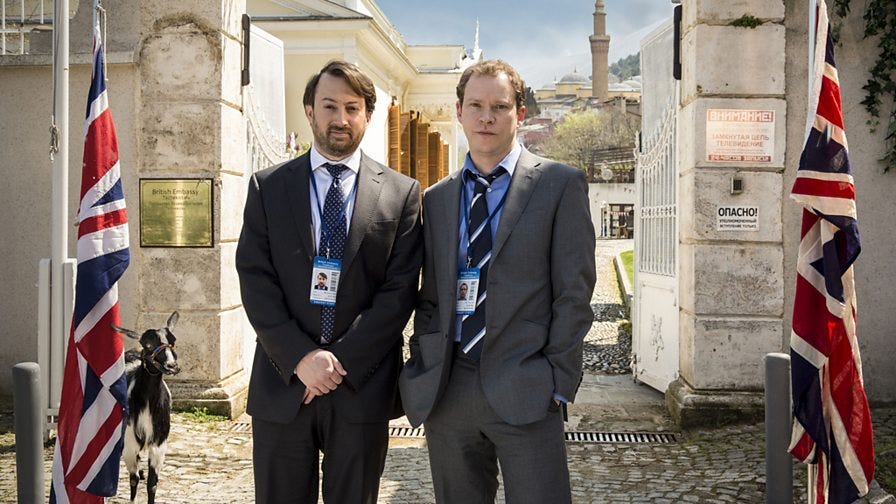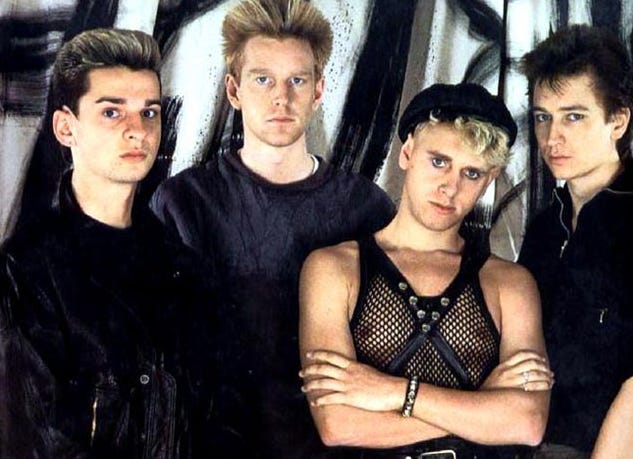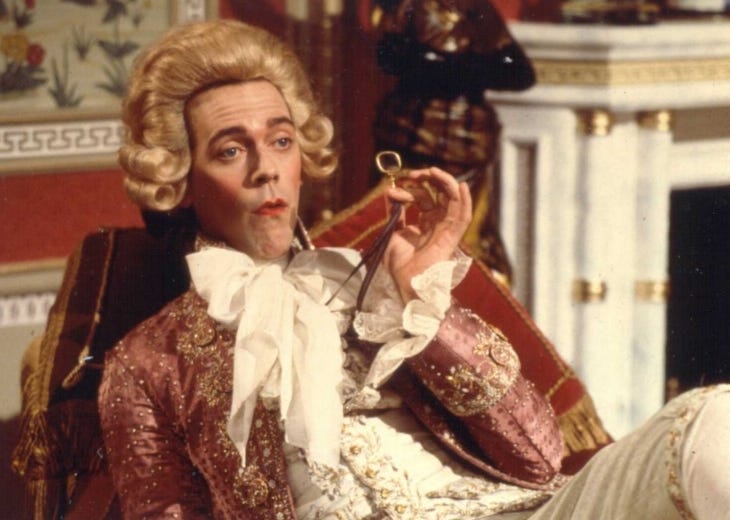There is a leadership race underway right now in the UK to decide who will replace outgoing leader Boris Johnson as head of the Conservatives, and therefore become Prime Minister of the country as well. Sampling the social media feeds of various British journalists whom I follow, it’s clear that I am not alone in lacking any semblance of enthusiasm for this contest of unremarkable and bland characters. This battle is about as exciting as waiting to find out who the new Project Manager will be to lead your team as it works to finish a new financial product targeting mid-income pensioners who bank with HSBC. The pool of candidates do not inspire, appear interchangeable with one another, and reflect perfectly my notion of western states being run by local branch managers (with the USA as HQ) in Burnham’s “Managerial State”.
This leadership contest does allow me the opportunity to write at length about the UK, so it’s not entirely a waste of time and effort (at least from my view). Will this essay make sense? I don’t know. Will it meander and roam about? Most certainly. Will it have a key, central point to make? “I doubt it”. With that in mind, permit me the indulgence of ruminating out loud on all things Britannia.
Before the complete and total capture of the Canadian Mind by US popular culture in the 1990s, those of us living in the Great White North had what could be described as “the best of both worlds”, in that we were exposed to both UK and American culture, from high to low and everything in between. Baby Boomers and Gen Xers who grew up in Canada will clearly remember just how much British music and television that they were exposed to, and just how influential UK music was in their youth. For you Zoomers out there (and possibly later Millennials), your choice in music put you in a tribe while you were in high school. It dictated what you listened to, what you wore, and who your friends would be. My older cousins almost entirely preferred UK bands to American ones, and thanks to them my musical tastes were very British from the get-go. No Motley Crue, no Aerosmith, no Van Halen. Instead, it was Depeche Mode, Simple Minds, New Order/Joy Division, China Crisis, and so on (and yes, to your collective horror, I enjoyed quite a bit of 90s Britpop, particularly Blur, but also loved Trip Hop as well).
The music that we were exposed to worked hand-in-glove with the TV and film from the UK to create mental images that would form and shape our perception of a country that we never set foot in. We noticed the odd accents, automatically according IQ points to those we saw and heard speak The Queen’s English, and deducting them from those speaking Cockney, an Eastern London dialect that was over-represented on film and on TV, in comparison to its relatively small size of actual speakers. We strained to try and understand Scots when they spoke, and gave up if a Glaswegian was on his third pint. None of this stopped us from enjoying Monty Python’s Flying Circus, nor did it stop my parents and I from laughing every time Benny Hill would slap Ulsterman Jackie Wright on his bald head. To this day, I still keep my eyes open when in London to try and spot shooting locations that were used in the filming of OLIVER! (1967), a movie that we fourth, fifth, and sixth graders got to watch one afternoon as a treat in school on a big screen movie projector.
The audio/visual stimuli that we absorbed left us with contrasting mental landscapes of the UK; in some cases we were convinced that everyone was a gentleman or lady, speaking the most proper English, incredibly well-schooled, and aristocratic in nature. In other cases we were left scratching our heads as to how these types could belong to the same country as the working class Cockneys, the footie hooligans, and the denizens of Coronation Street (which has been airing on Canada’s CBC for over five decades now, I think). Something did not add up, but it wasn’t that important anyway. The UK of the 60s, 70s, 80s, and even the 90s were a steady torrent of the best music, the most enjoyable humour and comedy, and cool subcultures that were aped by young people in Canada with gusto. Britain was cool and sophisticated, two things Canada wasn’t. To the pre-teen me, the UK after its victory against Argentina in the war over the Falkland Islands seemed like an almost equal to the superpower USA. I was very young….and I was also very wrong.
There were hints of this in the British popular culture that I consumed at the time. TVOntario (the province’s public broadcaster, akin to PBS in the USA) would air TV shows like “The Two Ronnies”, “On the Buses”, and “Doctor Who” (and especially “Blackadder” after its first season, which, btw, is severely underrated and is much better than the fourth and final one). One would notice how production budgets were significantly lower than American ones, giving them a rather shabby quality in comparison. It did not take away from their overall quality, but it was rather obvious to even the most relaxed viewer. And one would see this as well with their musical acts, and just how much emphasis they placed on breaking into the US market. A top act in the UK could do pretty well and live a nice life, but winning over America meant millions in the bank account. British popular culture left many of us youngsters convinced that the country and its people were rather well off. How little we knew.
The financial cost of ‘ruling the waves’ began to significantly impact the UK by the Edwardian Era, with Britain heavily indebted to the USA on the eve of the First World War, and then excessively so by its end (the common perception is that the USA entered the war to ensure repayment of this debt). Repayment sums were significant, but were paused during the Great Depression, only to see external debt balloon again thanks to World War 2. The UK, although victorious in war, was now flat broke (debt exceeded 200% of GDP). The British Empire was done, with the final nail in the coffin being the fiasco in the Suez Canal a little over a decade later. The son (USA) had eclipsed the father, now struggling to make sense of himself in his dotage.






